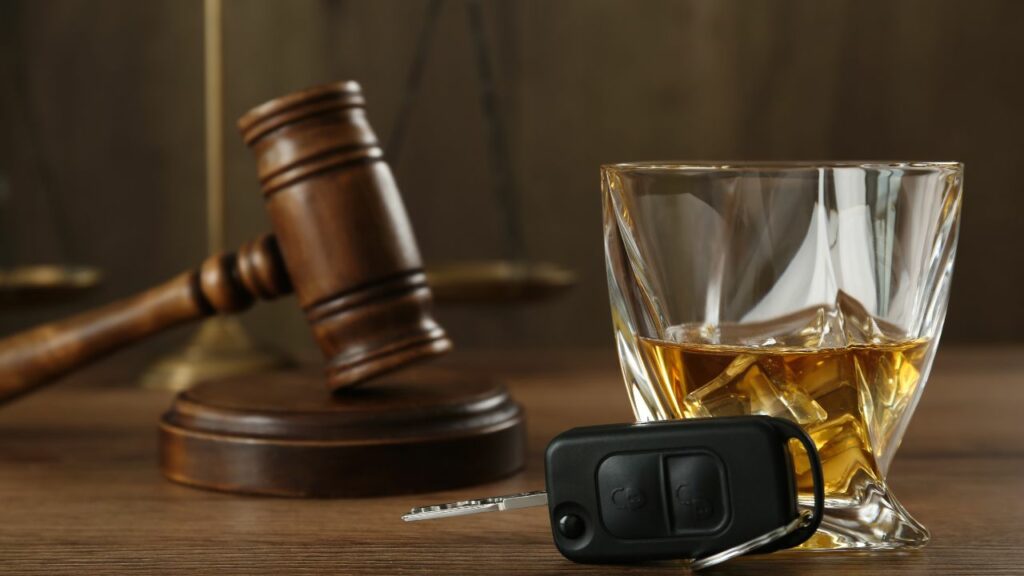Driving under the influence (DUI) charges can have serious consequences in Nevada. Whether you find yourself facing DUI charges or simply want to be informed about the legal landscape, this blog post aims to provide you with valuable insights into DUIs in Nevada. We’ll explore the legal framework, potential consequences, and important considerations if you find yourself in this challenging situation.

The Legal Framework
In Nevada, it is illegal to operate a motor vehicle with a blood alcohol concentration (BAC) of 0.08% or higher for drivers aged 21 and older, and 0.02% or higher for drivers under 21. Additionally, Nevada has an implied consent law, meaning that by driving on the state’s roads, you have implicitly consented to chemical testing if suspected of DUI.
Consequences of DUI Convictions
Criminal Penalties: A DUI conviction can result in criminal penalties, including fines, mandatory DUI school attendance, community service, probation, and even imprisonment. The severity of the penalties depends on various factors, such as prior DUI convictions, BAC level, and the presence of aggravating circumstances.
Driver’s License Suspension: In Nevada, a DUI conviction often leads to the suspension of your driver’s license. The length of the suspension can vary based on the circumstances of the offense and any previous DUI convictions.
Ignition Interlock Device (IID): In certain cases, the court may require the installation of an IID in your vehicle as a condition of regaining driving privileges. An IID measures your BAC before allowing the vehicle to start, promoting responsible driving behavior.
Increased Insurance Rates and SR-22 Filing: A DUI conviction can significantly impact your insurance rates. Insurance providers may view a DUI as an indicator of higher risk, resulting in increased premiums. Additionally, you may be required to file an SR-22 form with the Department of Motor Vehicles to prove that you carry the minimum required insurance coverage.
Legal Options and Defense Strategies
When facing DUI charges in Nevada, it is essential to understand your legal options and potential defense strategies. Here are a few common approaches:
Challenging the Traffic Stop: If the police officer lacked reasonable suspicion or probable cause to initiate the traffic stop, it may be possible to challenge the legality of the stop. Any evidence obtained as a result of an unlawful stop may be suppressed.
Disputing Field Sobriety Tests: Field sobriety tests, such as the walk-and-turn or one-leg stand, are subjective and can be influenced by various factors. Challenging the accuracy and reliability of these tests can be a defense strategy.
Questioning Breathalyzer Accuracy: Breathalyzer machines used to measure BAC levels are not infallible. Issues with calibration, maintenance, or operator error can lead to inaccurate results. It is crucial to examine the procedures followed during testing and the accuracy of the device itself.
Negotiating a Plea Bargain: In some cases, it may be possible to negotiate a plea bargain that reduces the charges or penalties. This can be achieved through cooperation with the prosecution and demonstrating mitigating factors.
Conclusion
Facing DUI charges in Nevada can be overwhelming, but understanding the legal framework and available defense strategies can help you navigate the process with more confidence. If you find yourself in this situation, it is crucial to consult with an experienced DUI attorney who can provide personalized guidance and protect your rights. Remember, each case is unique, and the information provided here is general in nature. Seek professional legal advice to assess your specific circumstances and develop an appropriate defense strategy.
